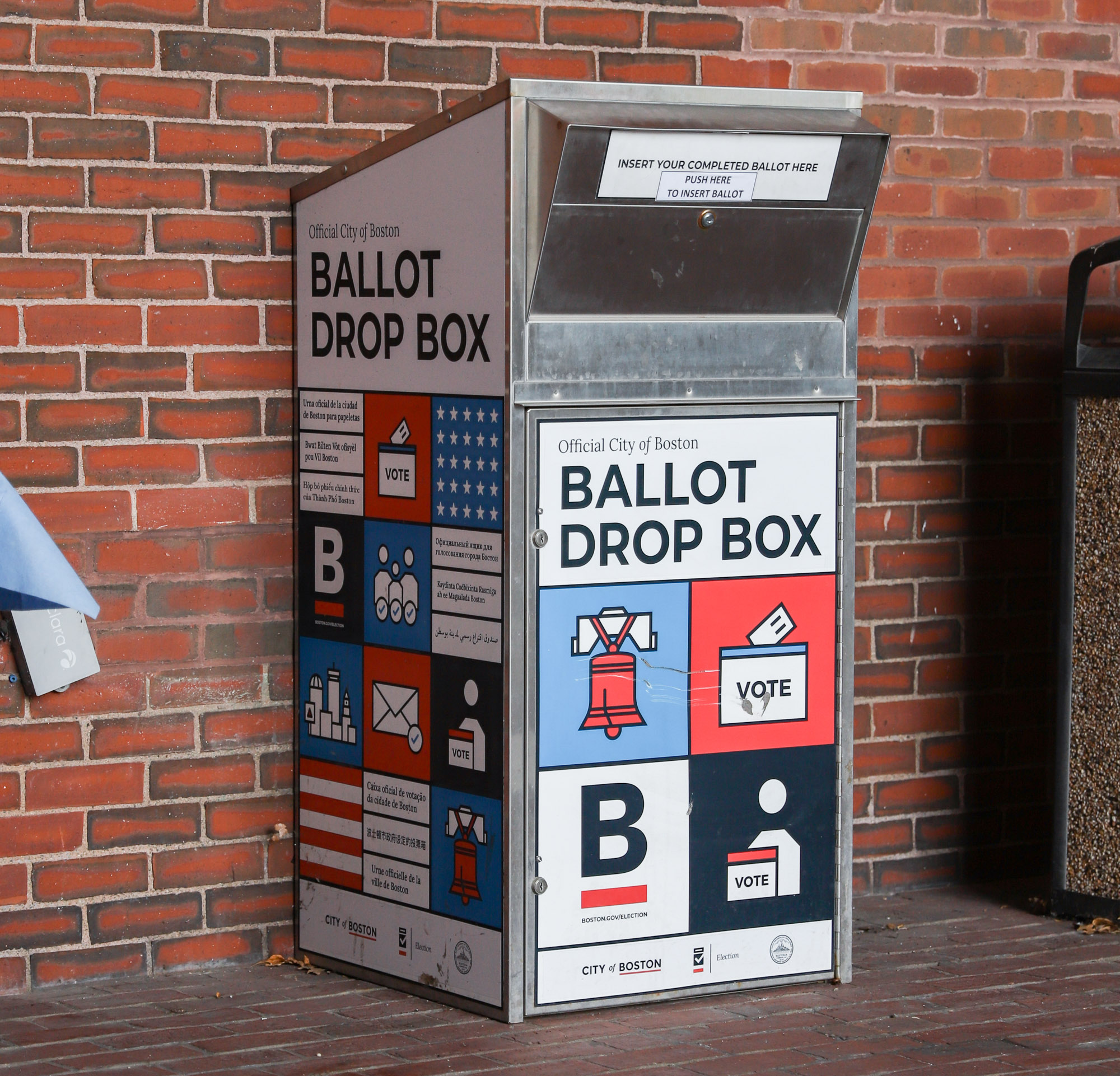Following the defeat of Massachusetts’ Question 5 ballot initiative, organizations for and against the issue are reflecting on the results and preparing their next moves.

Question 5 was rejected by approximately 64.4% of voters, according to results from the Associated Press. The measure aimed to raise tipped workers’ hourly base pay to match the $15 state minimum wage and introduce tip pooling among front- and back-of-house workers.
The opposition, led by the Committee to Protect Tips and the Massachusetts Restaurant Association, shifted public opinion with servers and bartenders protesting the measure and posting about it on social media, said MRA Director of Government Affairs Jessica Muradian.
“We were really ecstatic that folks listened to what our servers and bartenders really wanted,” Muradian said. “We were happy that we were able to portray their message properly.”
Chris Keohan, general consultant for the Committee to Protect Tips, said the committee “felt great” with the ballot measure results.
“Going into Election Day, we thought 10 points would be a really good win, so 65-35 is just fantastic, and it shows that the message really worked,” Keohan said.
Muradian said the opposition’s success was due to a “grassroots movement of servers and bartenders.”
“This is what the industry and the servers and bartenders in this industry wanted,” Muradian said. “It’s how they make their income, so who are we to tell them any different?”
The opposition also formed an “Ask Your Server” campaign, which allowed voters to learn more about the initiative from the perspective of servers and bartenders, Keohan said.
“They’re the people that are most impacted by this ballot question, whether it passed or failed and voters genuinely wanted to ask,” Keohan said.
Jonathan Cohn, policy director for Progressive Massachusetts, an organization that led the campaign in support of Question 5 with One Fair Wage, said he was “very disappointed in the outcome.”
The opposition raised $2.7 million in the weeks leading up to the election, so it “was able to shape the narrative better,” Cohn said.
“Although having many positive conversations with voters, [I] was kind of worried about the avalanche of opposition spending,” Cohn said. “It’s not always the case, but it is often the case that whoever spends more wins.”
Under Massachusetts law, a rejected ballot initiative cannot be reintroduced as a ballot measure for six years.
One Fair Wage and other supporters of Question 5 could pursue a different approach to raising tipped workers’ base pay by proposing legislation, Keohan said.
“The ‘Yes’ side has made it sound like they’re going to try and file legislation again next year, but there’s just no way that the legislature would take up that legislation knowing how badly it failed,” Keohan said.
Cohn said if supporters plan to file legislation, they should work to build “broader relationships with labor in Massachusetts.”
Although Progressive Massachusetts still supports the cause, Cohn said he does not expect an initiative like Question 5 to be a top concern for the organization.
“It’s still one that we support,” Cohn said. “I just don’t see it as one that we’re necessarily active on in the next few years.”
Now that Question 5 was rejected, Muradian said the MRA will work on other issues impacting the restaurant industry to ensure “it’s a good environment for everyone.”
“This battle is over for right now,” Muradian said. “The voters have spoken. Servers and bartenders have spoken.”
Keohan said the successful campaign against Question 5 offers lessons for shaping future ballot initiatives, particularly about how to engage with voters.
“People need to start to understand that voters are tired of being talked to. They need to be listened to,” Keohan said. “If you’re putting a ballot question forward, you need to make sure that the people you’re saying you’re representing actually want what you’re pushing.”


















































































































